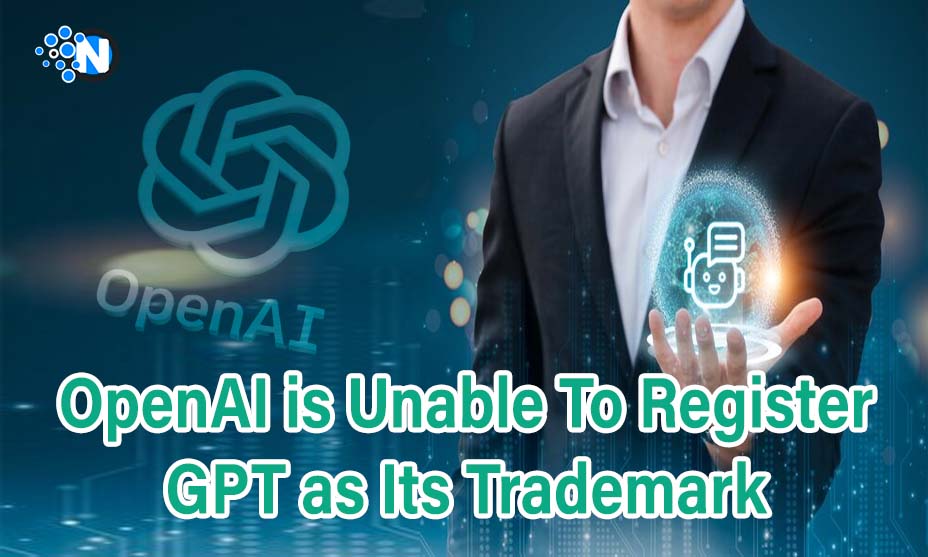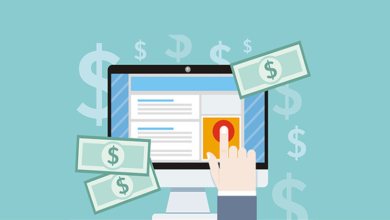OpenAI is Unable To Register GPT as Its Trademark

OpenAI has made efforts to register the word of GPT as its trademark. However, the U.S. Patent and Trademark Office has turned down the request of the tech giant by saying that the term is too general to showcase any exclusive feature. Ultimately, it resulted in the legal rejection of owning this word, allowing other competitors to use it without facing any legal consequences. Ultimately, it will lead to the development of more similar tools that can potentially damage the popularity of OpenAI’s ChatGPT.
OpenAI’s Attempts To Register GPT
OpenAI has made a brilliant mark in the modern world of artificial intelligence with its highly efficiency tools. ChatGPT, one of the world’s best NLP platforms, is owned by this company. Since the launch of this tool, OpenAI has been making efforts to own the word GPT, which stands for generative pre-trained transformer. The word generative showcases the dynamic nature of this AI model, ensuring that it can produce new material, which is pre-trained on integrated data. Additionally, it utilizes the potential of transformer architecture to convert the text into different shapes.
However, the USPTO, or shortly PTO, has termed the GPT as a merely descriptive word. Also, it stated that the word is not eligible for registration as a trademark for a company. The denial documents have showcased that this word only refers to a function or a feature of the services of OpenAI. Moreover, the word GPT is in common use by various companies in different contexts. Consequently, it is not possible to give OpenAI the copyrights of GPT.
Reasons of Rejection
Although the denial documents showcase that the reason for acquiring the GPT word as a trademark is because of its descriptive nature, several other factors have also played their part. ChatGPT is a popular conversational AI tool and is really a GPT model. Nevertheless, the primary reason for rejection is that OpenAI has not created the concept of GPT models. That’s why the company is unable to register this as a trademark. Moreover, ChatGPT’s functionalities also do not meet the required standards of trademarking. These factors have played a major role in the rejection of OpenAI’s request.
Future Prospects
While OpenAI has made continuous efforts to acquire the word GPT as its trademark, it has designated unique titles to its new AI models. Recently, the company has launched its new AI tool, named Sora, which can convert texts into videos. The software is under testing and is soon going to be launched.
However, the turndown of the request will result in the production of more tools with similar names as ChatGPT. Different developers can now make tools with titles like TalkGPT, ConversationGPT, and others, etc. Therefore, OpenAI has to look forward to other ways of branding.




